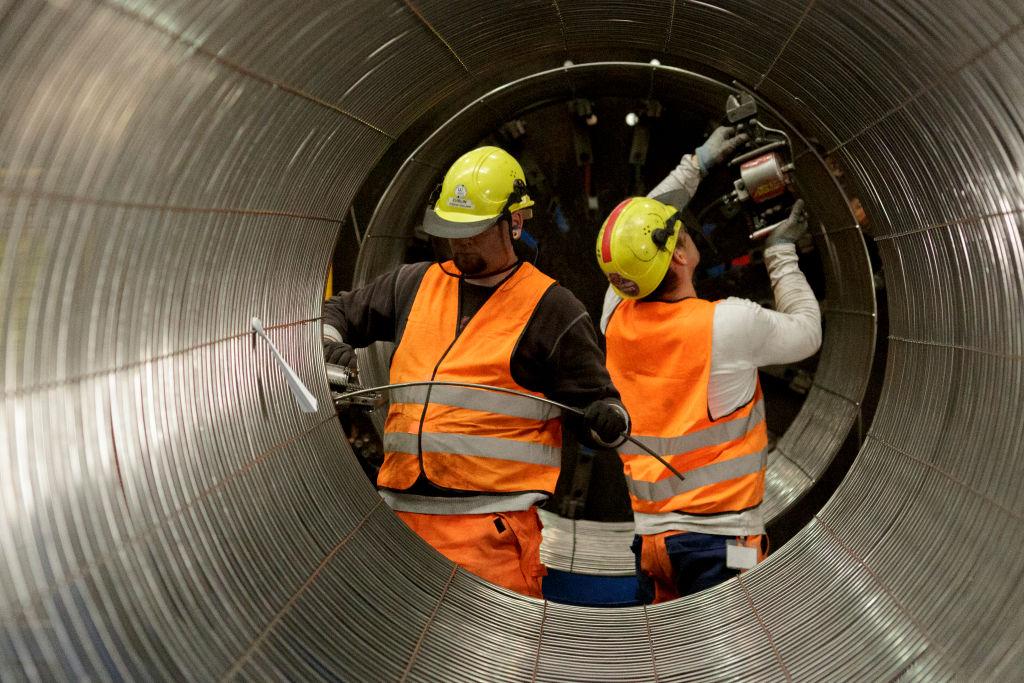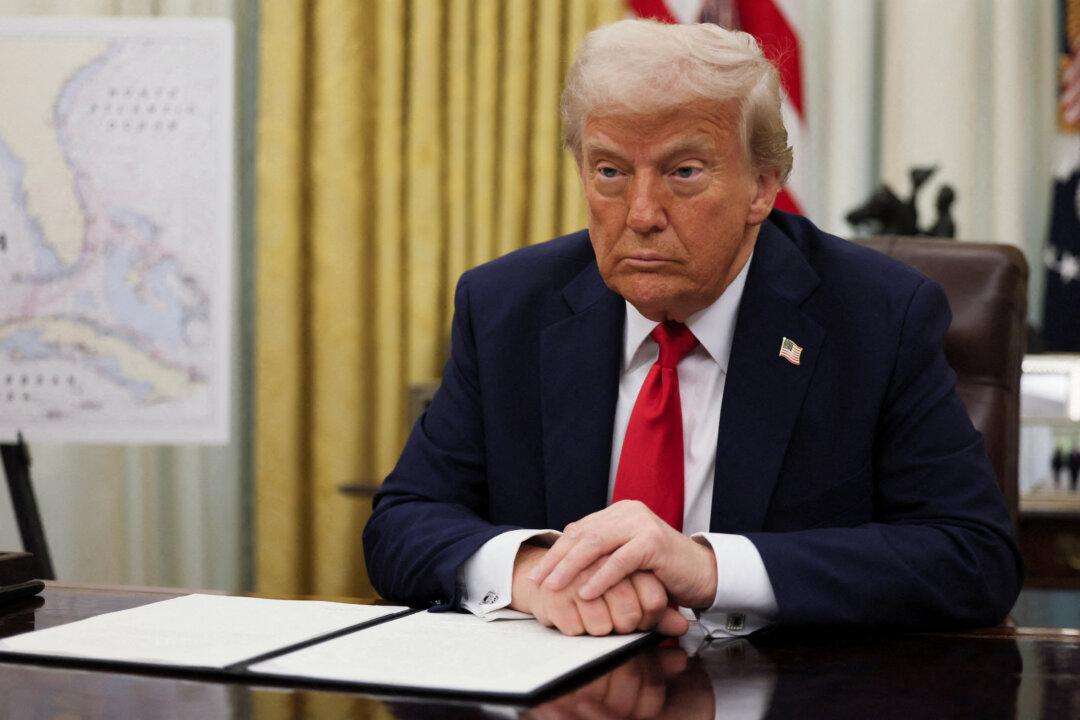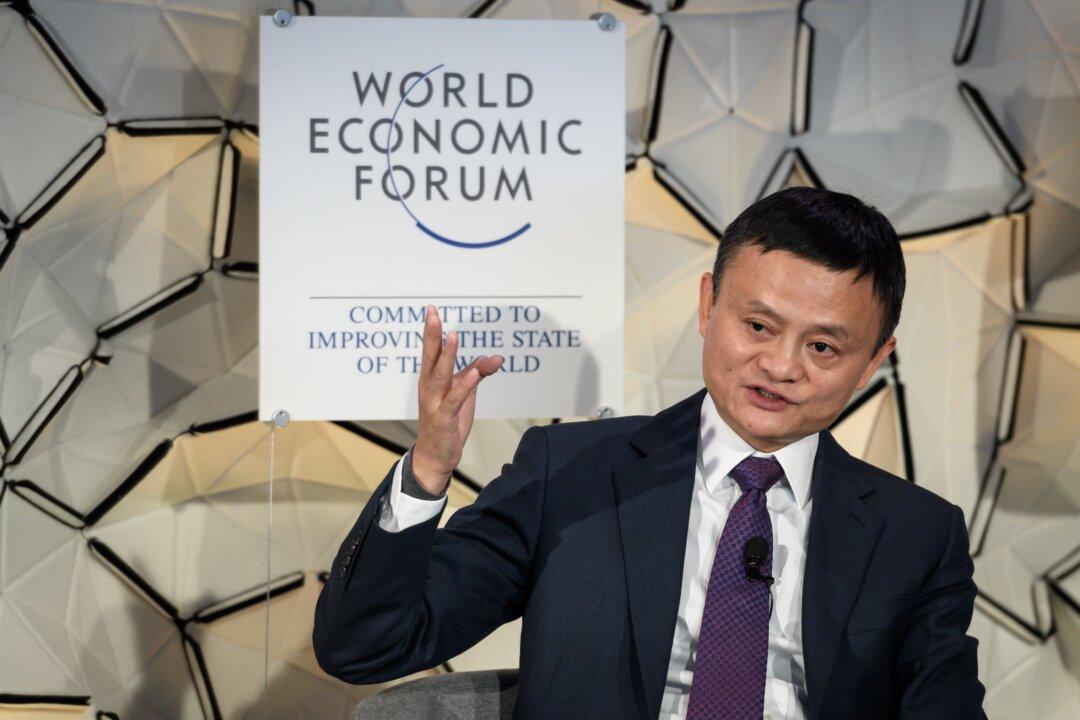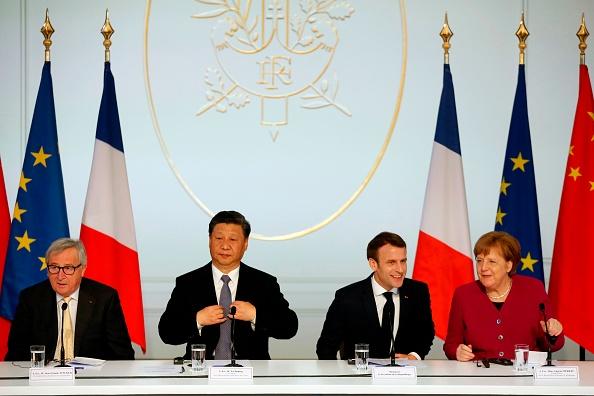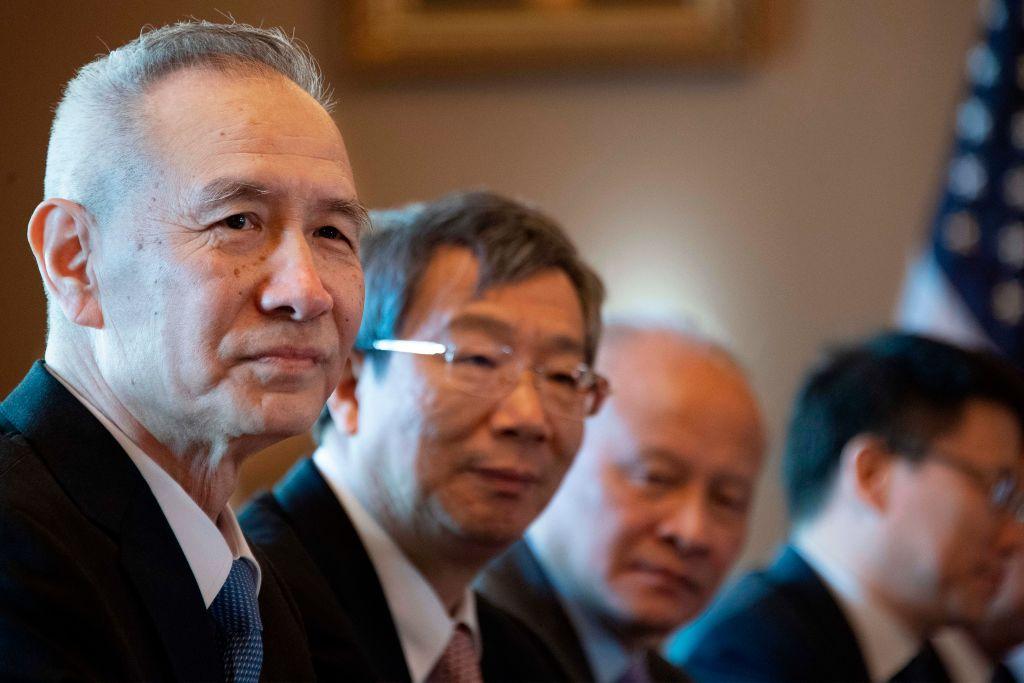Commentary
On May 19, the U.S. State Department announced that the United States would waive sanctions on the Nord Stream 2 project. The statement noted that although the United States will continue to oppose this project, believing that it will weaken European energy security and that of Ukraine and Eastern Europe, the exemption of sanctions is in line with the commitment to rebuild relationships with European allies.
